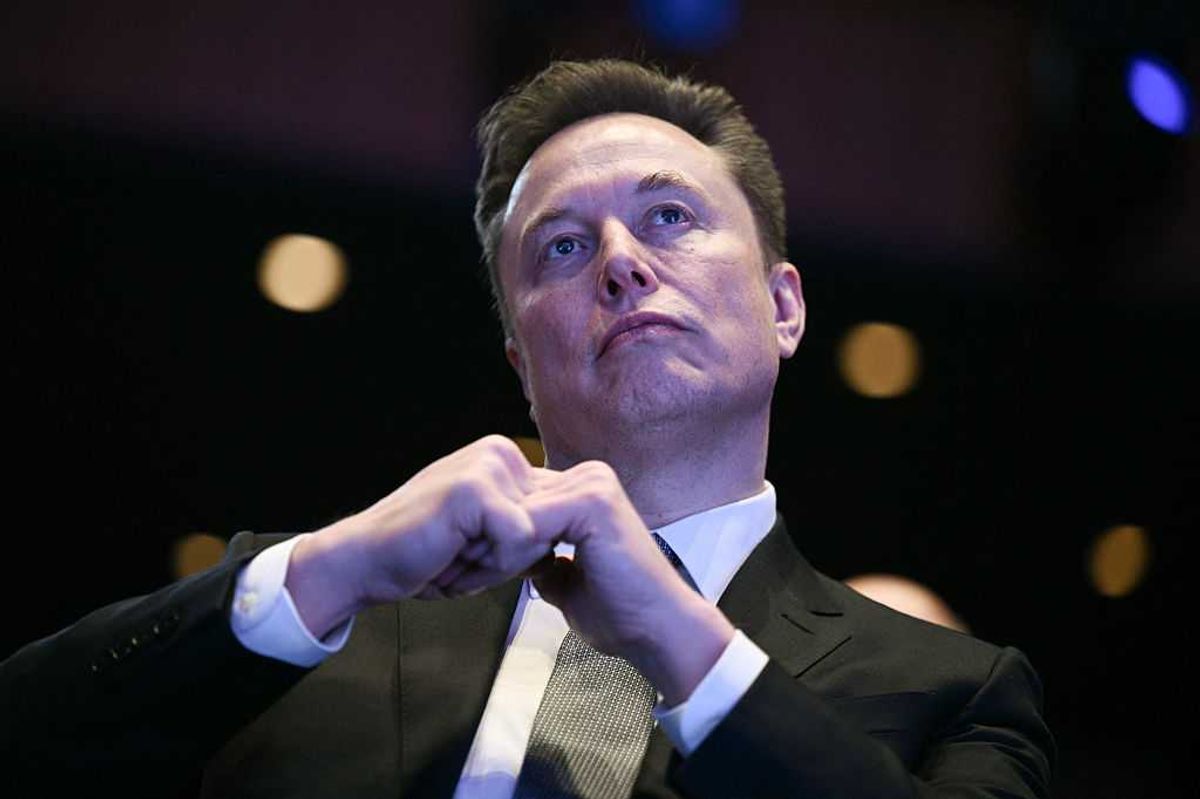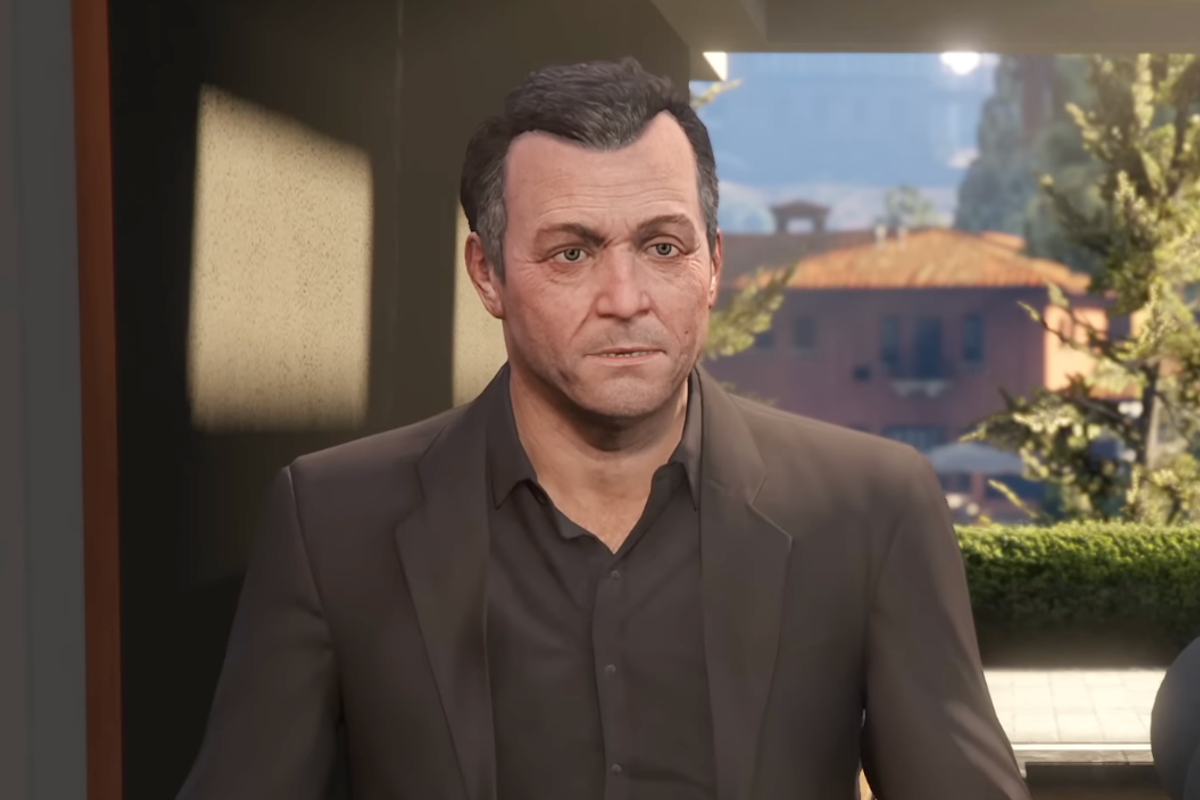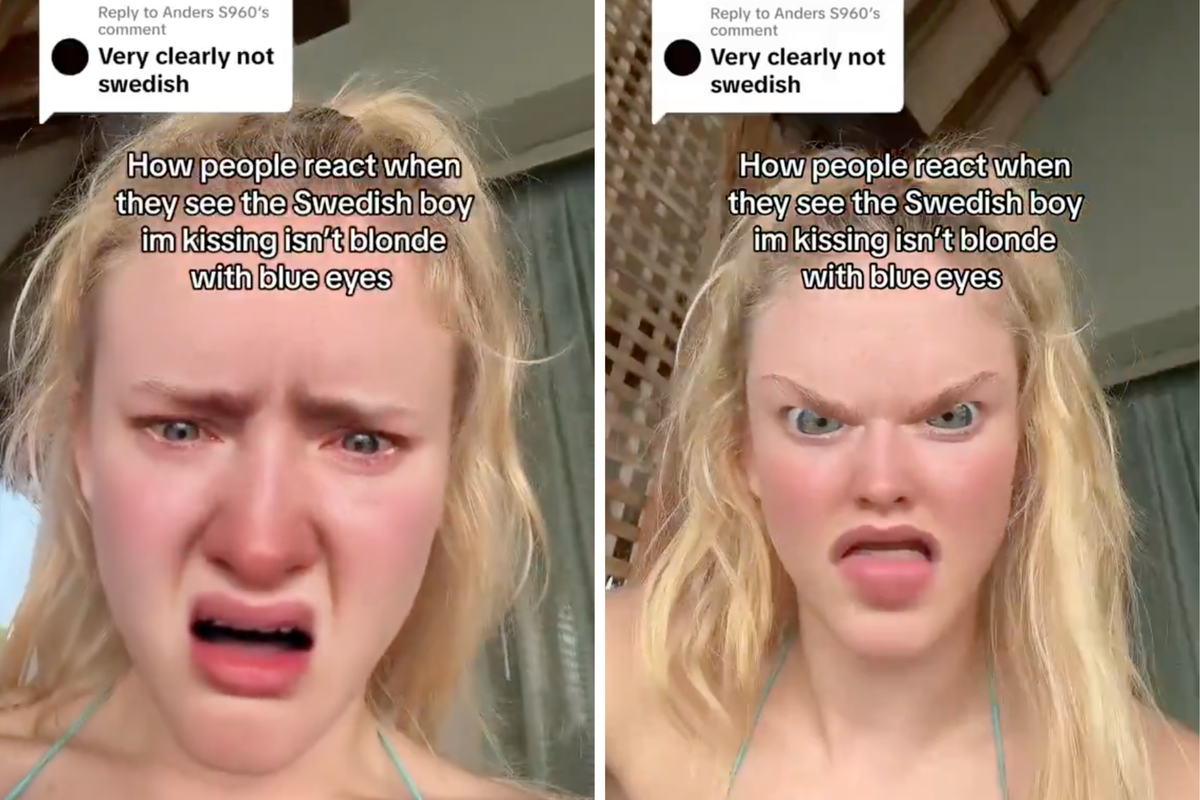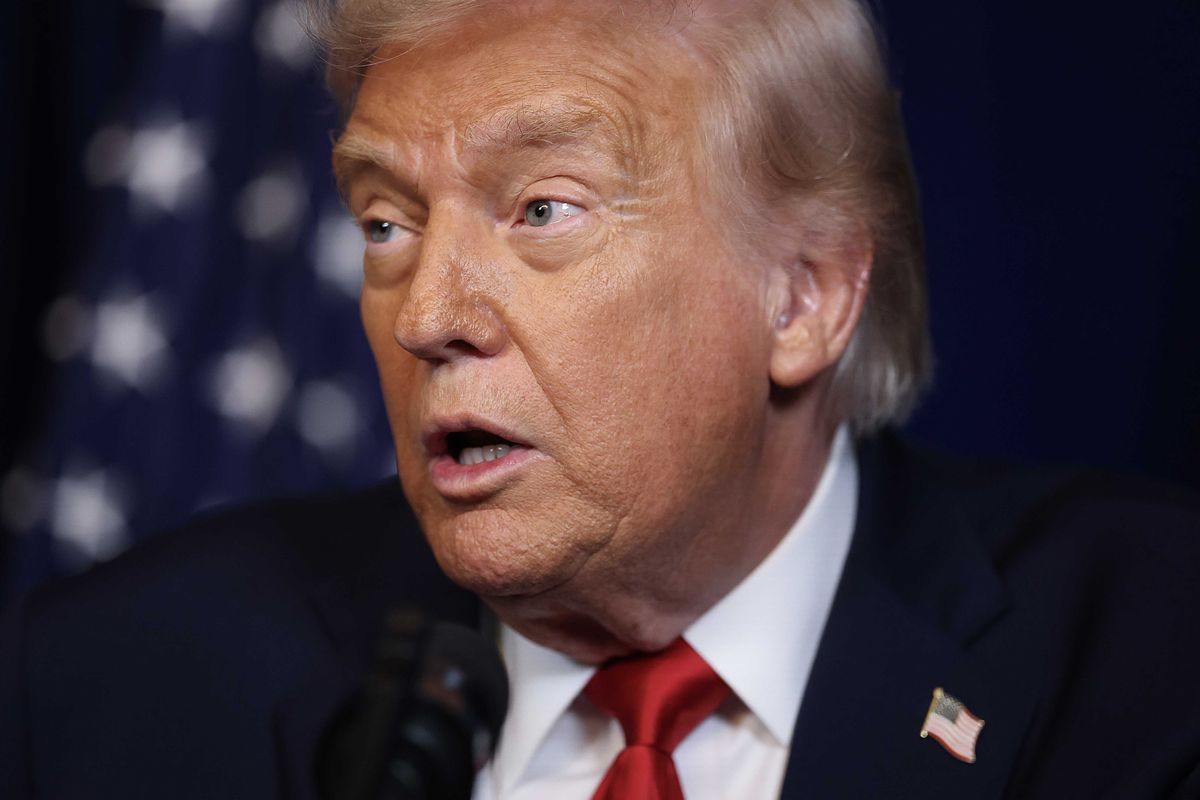Joe Vesey-Byrne
May 16, 2017
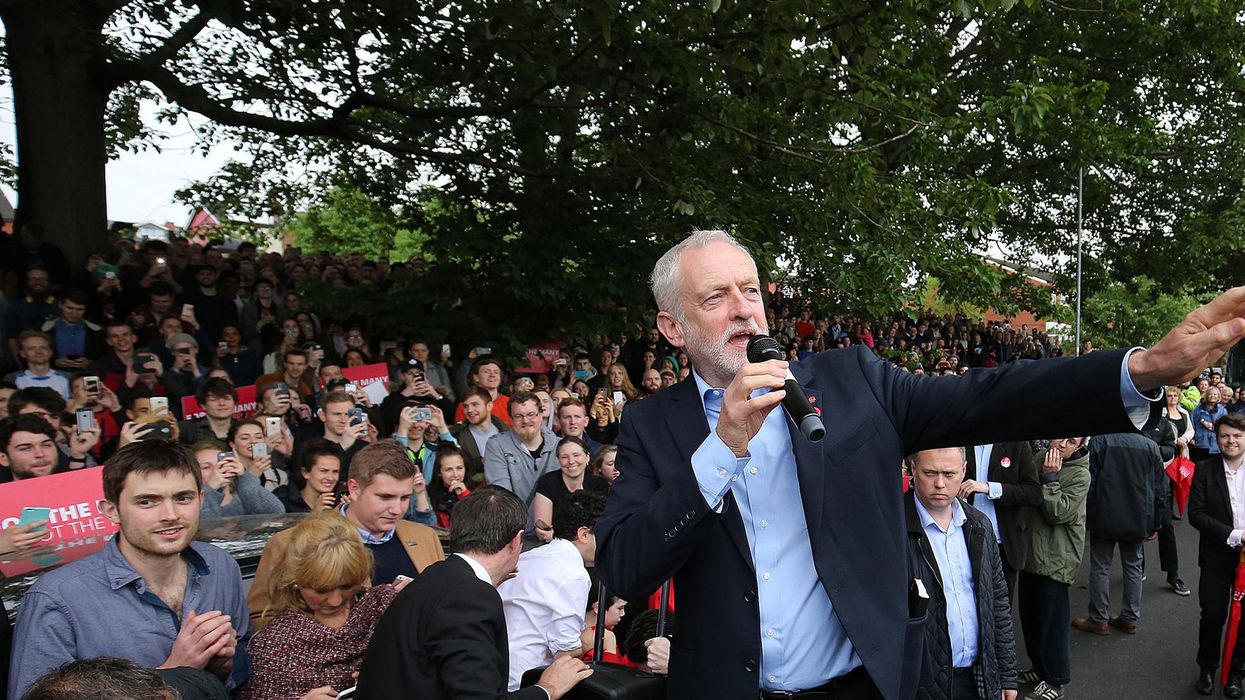
Picture:
Nigel Roddis/PA Wire/PA Images
Labour is on course to lose seats at the general election, if the polls and seat predictors prove accurate.
The party's share of the vote however, is a slightly more complicated story.
Due to the 'first past the post' voting system, the proportion of votes a party receives nationally is less crucial to victory than where those votes are concentrated.
This is a lesson learnt the hard way by the Liberal Democrats and Ukip in recent elections.
It also works the other way, to inflate the support for some parties. The Scottish National Party took 4 per cent of the vote in 2015, and managed to take 56 seats in Westminster.
Labour's increasing vote share
Polling since March has seen more positive survey results for Labour.
The share of the vote has risen from the low 20s to reach 31 per cent.
This is (slightly) more than former Labour leaders Ed Miliband and Gordon Brown each achieved in the 2015 and 2010 elections respectively.
Where's it coming from?
Firstly; there's been a collapse in the vote shares of the smaller parties. This could be the largest share taken by the two main parties since 1992 when Labour and the Tories took a combined share of 76.3 per cent of votes cast.
Secondly, Labour's national standing, still far behind the Tories, is possibly encouraging Corbyn sceptic Labour supporters to vote for him; feeling secure in the knowledge that the Conservatives will be returned to power. In this sense, Labour is being treated as a protest, virtue signalling party, much as the Liberal Democrats once were.
Thirdly, political polls are accidentally over sampling Labour supporters. It was this problem which put Ed Miliband and David Cameron neck and neck in the polls in 2015.
And finally, the polls nearly always narrow leading up elections, and predictions from sixth weeks before polling day are often more representative of the election result than polls conducted in the final week of campaigning.
Is Corbyn fighting off a future challenge?
Corbyn has been campaigning in some safe Labour seats, and holds rallies to meet existing Labour supporters.
While this will shore up the Labour vote share, it won't do much to convert Conservative voters to the Labour cause.
This strategy could arguably provide Corbyn with protection against Labour MPs who might attempt to oust him if Labour loses many seats on 8 June.
It also means Corbyn is once again reaching out to Labour members, hopefully earning their support should there be another Labour leadership contest.
Before you share this
Going further back however, it's clear Corbyn is not increasing the share of the vote to the heights Labour has previously reached.
He, Miliband and Brown are only bettering the Labour leader Michael Foot, who secured 27 per cent of the vote in the 1983 election.
Putting it in context of the growing Tory share of the vote. This could be the largest vote share secured by the two main parties since 1992.
Keeping the vote share up, does keep the party relevant even in the face of an election defeat.
However, it may come at the expense of losing the privileges a large party in the House of Commons receives, such as BBC air time and short money.
While Corbyn has increased the share in recent weeks, the rise is also made more impressive by the low points to which he also took the party.
Polling sources: 11-12 May, 9-10 May, 2-3 May, 27-28 April, 25-26 April, 12-13 April, 26-27 March, 20-21 March, 8-9 March
More: The difference between Jeremy Corbyn and Theresa May in two pictures
Top 100
The Conversation (0)


